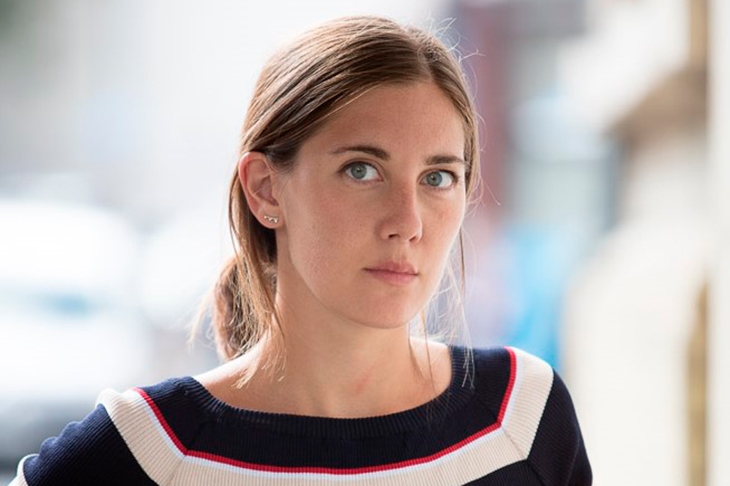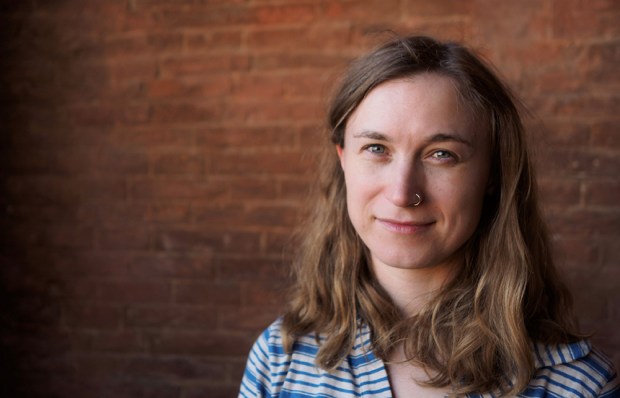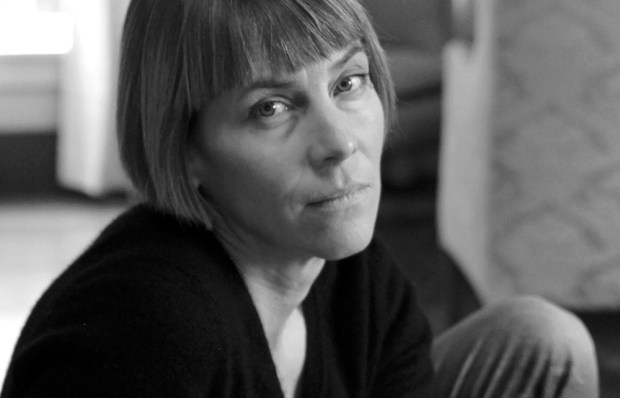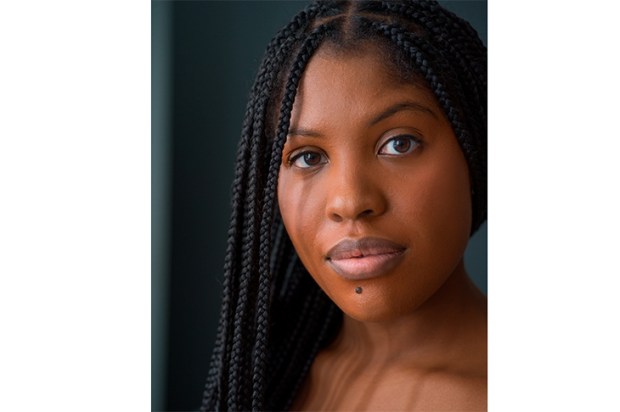Olivia Sudjic’s second novel, Asylum Road, is a smart and sensitively layered story that’s told through niggling memories, unspoken thoughts, white space. The past interrupts the present, which in turn tugs at the future. It begins and ends in a car — a couple ‘side by side, in motion with a change of view’ – and all the while the reader too is in a state of flux, unsettled.
That’s a state Sudjic’s protagonist, Anya, is familiar with. Along with other unaccompanied children, she was evacuated from Sarajevo during the Bosnian war. Sent to live with her aunt in Glasgow, she’s been searching for a sense of belonging ever since. At university she found ‘shelter and a certain amount of liberty, a veneer of cosmopolitanism’; in her stoic scientist fiancé, Luke, with his filial loyalty and fondness for repairs — ‘things which suggested reliability’. With his Cornish nationalist parents, she simply appreciates ‘any indication they did not view me as a parasite, looking for a fold in their family’.
There’s a restlessness to this novel, and at the same time restraint. No sooner has Sudjic inserted her principal characters into an environment than she sends them elsewhere. They slip through the Channel Tunnel — ‘the throat that had swallowed us beneath the waves’ — to the south of France, back to London, down to Cornwall, skywards in an ‘aluminium tube’ and south east to Sarajevo, where Luke meets Anya’s parents. She herself has had little contact with them; when she left, they became, first, ‘voices in a beige receiver’, then ‘a monthly check-in as unremarkable as menstruation’. Now her mother has Alzheimer’s and doesn’t recognise her. An unresolved family trauma lingers.
Sudjic’s novel is full of raw emotion and visceral description: the sky is a pink ‘so saccharine my teeth began to ache’, while future children are ‘bloblike shapes, legs blotted with pink bruises’. Like Sarajevo’s abandoned buildings, pockmarked with bullet holes, the prose is studded with gut-punching sentences. Contemplating the way people have spoken to her about the siege, Anya recalls a woman at a wedding who ‘blinked at me kindly and said it must be sad when your country no longer exists, then returned to pulverising her asparagus’.
Anya and Luke leave Sarajevo in the middle of the night, without saying goodbye. On their journey back to London, they sit separately, in silence. This is a book about the gaps in our collective experience, and the tension that fills them. It’s about memory and identity and things left unsaid.
Got something to add? Join the discussion and comment below.
Get 10 issues for just $10
Subscribe to The Spectator Australia today for the next 10 magazine issues, plus full online access, for just $10.
You might disagree with half of it, but you’ll enjoy reading all of it. Try your first month for free, then just $2 a week for the remainder of your first year.














Comments
Don't miss out
Join the conversation with other Spectator Australia readers. Subscribe to leave a comment.
SUBSCRIBEAlready a subscriber? Log in